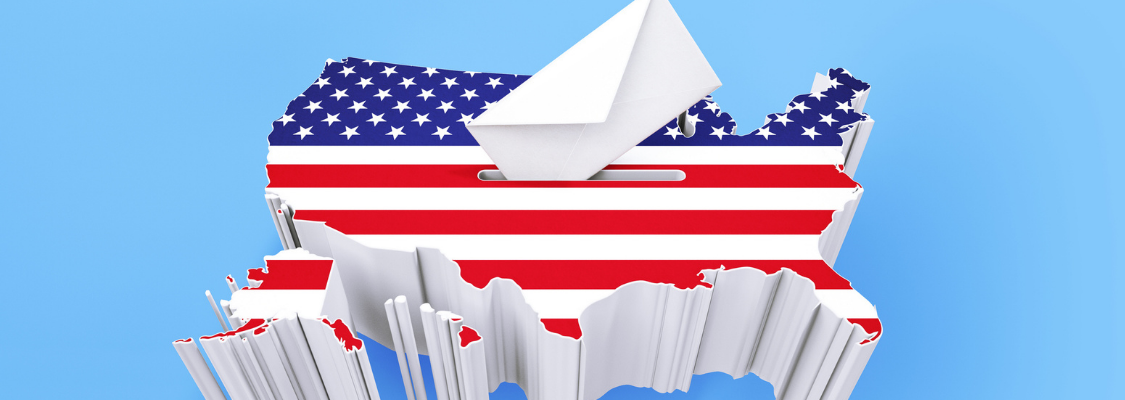Lesson 11: Our National Election (K-3)
Background Knowledge for Teachers:
Political parties are not unique to America. Wherever there are governments, there are oppositional groups. Political parties are groups of voters who have different views on public issues. In elections, these parties support candidates who agree with their political goals and philosophies.
In the United States, we have several political parties. For our study, we will be reviewing candidates from the Democratic, Republican, Libertarian, and Green. However, there are also other parties with smaller groups of supporters. In our political system, the presidential candidate who receives at least 270 electoral votes takes office. This system favors the major parties and minimizes the influence of other smaller parties.
Student Expectations:
- Students will name the presidential candidates from each of the major parties.
- Students will choose one of the presidential candidates and cast their ballot in the Every Kid Votes election.
Vocabulary and Definitions:
political party: an official group of people supporting a particular candidate or set of political goals
candidate: a person who applies for a job or is nominated for election
symbol: a shape or sign used to represent something like an organization
Lesson Plan:
- Complete this lesson one week before the presidential election.
- Remind the students that in a week, people who are eligible will go to the polls and vote for the U.S. president.
- Show the students images of the main presidential candidates. Reiterate how important it is to know things about political candidates so that people can act as informed voters and choose the best leader.
- Explain what political parties are. If necessary, reference the background notes for information.
- Invite students to name the candidates for each of the four parties. Have them write down each political party name.
- Allow the students to conduct research on the candidates. If you decide to let some or all of the students use the internet, monitor them as they research or make a list of acceptable websites that they can use to ensure that they are finding accurate, objective information.
- After they have gathered enough information to make an informed decision, hold a mock election.
